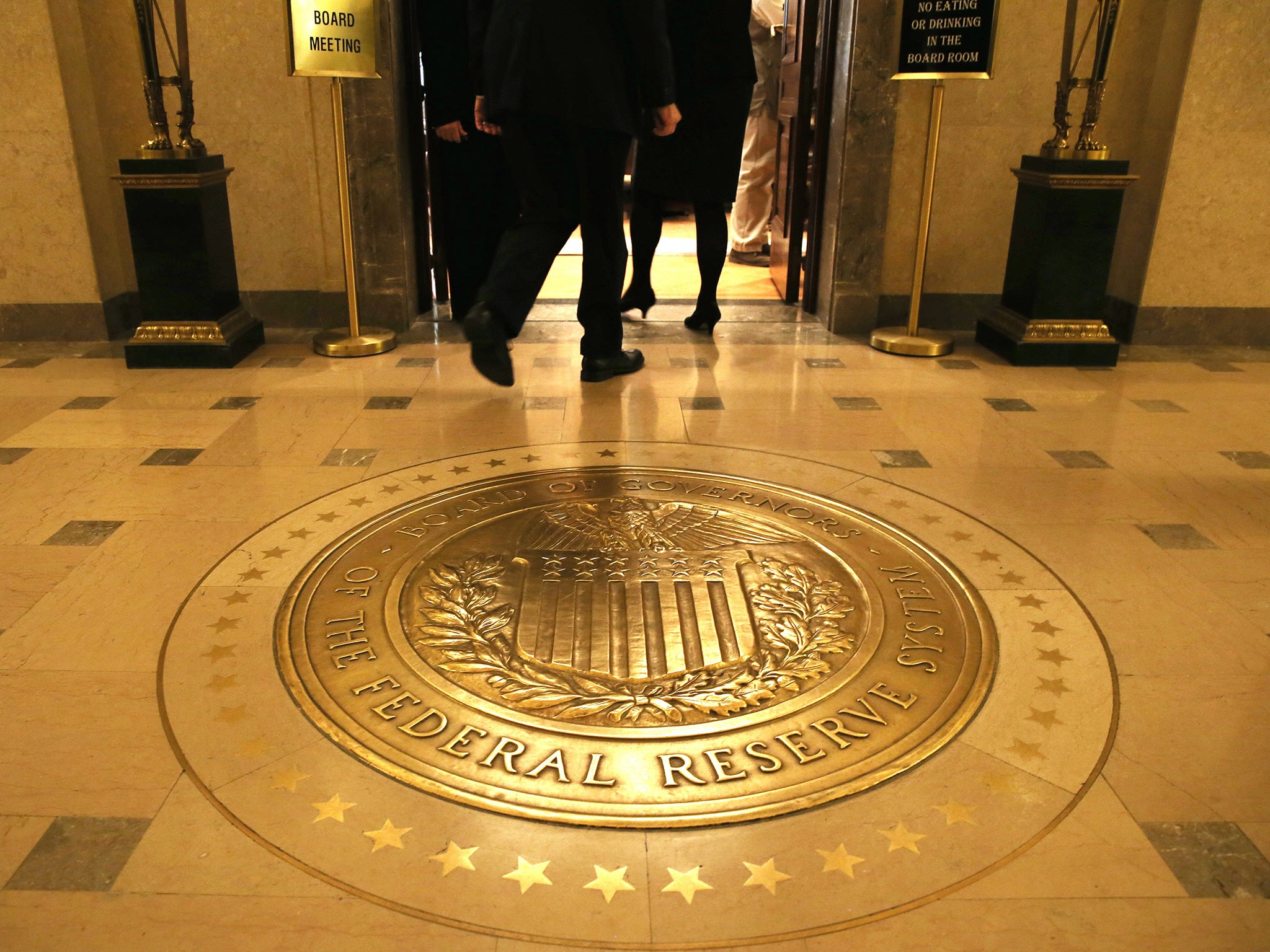Federal Reserve policy and four other things to look out for in economics this week
For Fed chairperson two names have shot to the top of the list: John Taylor and Kevin Warsh


Writing out of Washington DC, the temptation is to focus on the US – and there are certainly two huge issues affecting US economic policy that will move forward in the next few weeks. One is taxes, the other is the chairperson of the Federal Reserve.
This is US politics, and given the turmoil of recent months I’m not sure it is helpful for outsiders to try to second guess the US commentators – who get it wrong anyway. But standing back a bit, two questions hover over everything. What will a tax cut do to the US economy? And will Federal Reserve policy alter as a result of a change of chairperson?
Anything that gives us a hint about either is really important. We will know more about what the financial markets think about the impact of tax changes this week. The Dow is at an all-time high. Would cutting the headline corporate tax rate to 20 per cent, but tightening up on loopholes, boost the economy? Probably yes.
Markets are imperfect judges of anything, but their intuitive reaction is the first thing we get. What worries me is that they are top-end bullish right now. According to a survey by the University of Michigan, 63 per cent of US investors think shares will be higher in a year’s time than they are now. That is the highest figure since they started the survey in 2002. So they need something new to support their optimism. A tax cut could provide that. Indeed they probably need a tax cut to do so because in the short-term at least it would sustain US growth. So watch the markets this week.
On the Fed chair, two names have shot to the top of the list, assuming that Janet Yellen (who I think will go down as a competent safe pair of hands) is not reappointed. They are John Taylor, the Stanford economics professor who invented the “Taylor rule” for setting interest rates, and Kevin Warsh, a New York banker who was appointed to the Federal Reserve Board in 2006 by President Bush.
Both have been critical of the slow return to normal interest rates, so the presumption is that were either appointed to the chair, there would be a faster rise in US rates. But remember two things. One is that they are only the chair. The Fed’s rate-setting Open Market Committee has 12 members. And the other is that rates may well be going up faster than the markets currently expect, irrespective of who is chair of the Fed.
So the next question – because what the US does affects the whole world – is: can the world economy stand higher interest rates?
This week we will get a feeling for how the world is doing right now, for there is a huge wodge of data coming our way. On Tuesday we get purchasing managers’ indices for the US, Japan, Germany, France and the Eurozone. These PMIs will be the first real feel for growth in the final quarter of the year for close to half the world economy. On Wednesday we have third-quarter GDP for the UK, important because of the probable impending rise in UK rates in November. And on Thursday there will be the decision of the European Central Bank on tapering its quantitative easing purchases.
There will also be third-quarter US GDP on Friday, and a feeling from China as to the direction of economic policy from its once every five years communist party congress. But I think this is really a week about policy in the autumn. What does a rapidly-growing world economy really need to keep it on track? Higher interest rates, surely. But how high and how soon?

Join our commenting forum
Join thought-provoking conversations, follow other Independent readers and see their replies